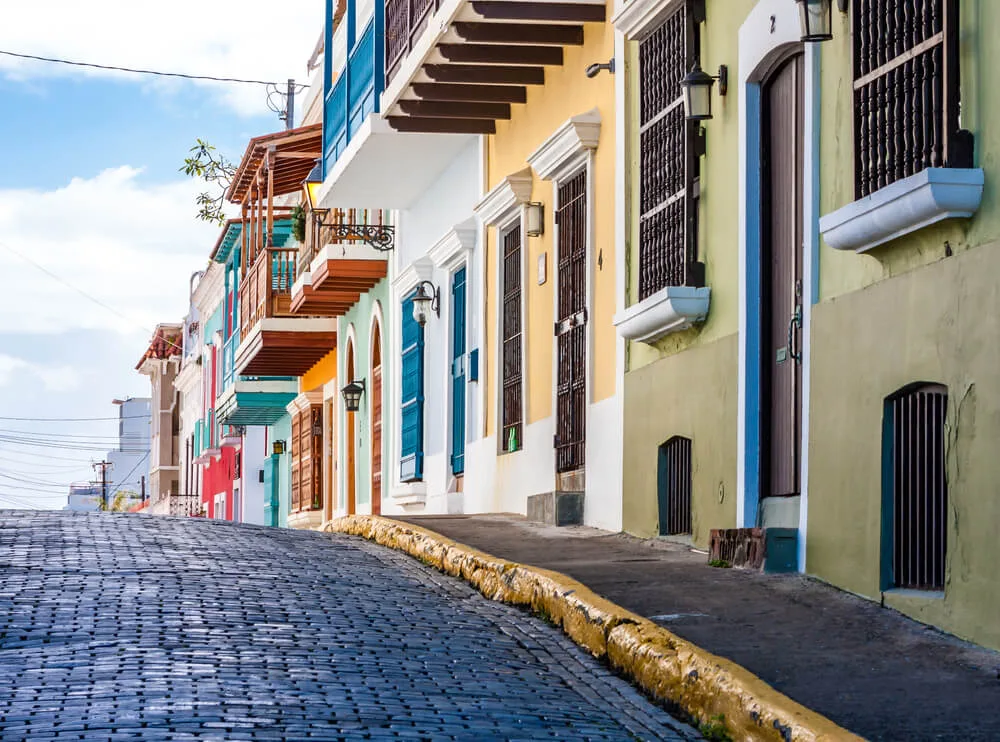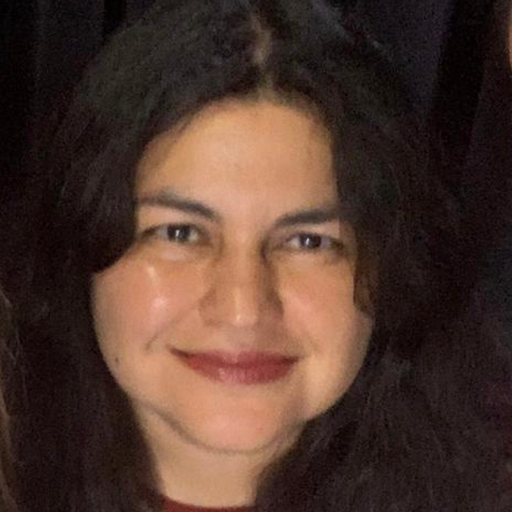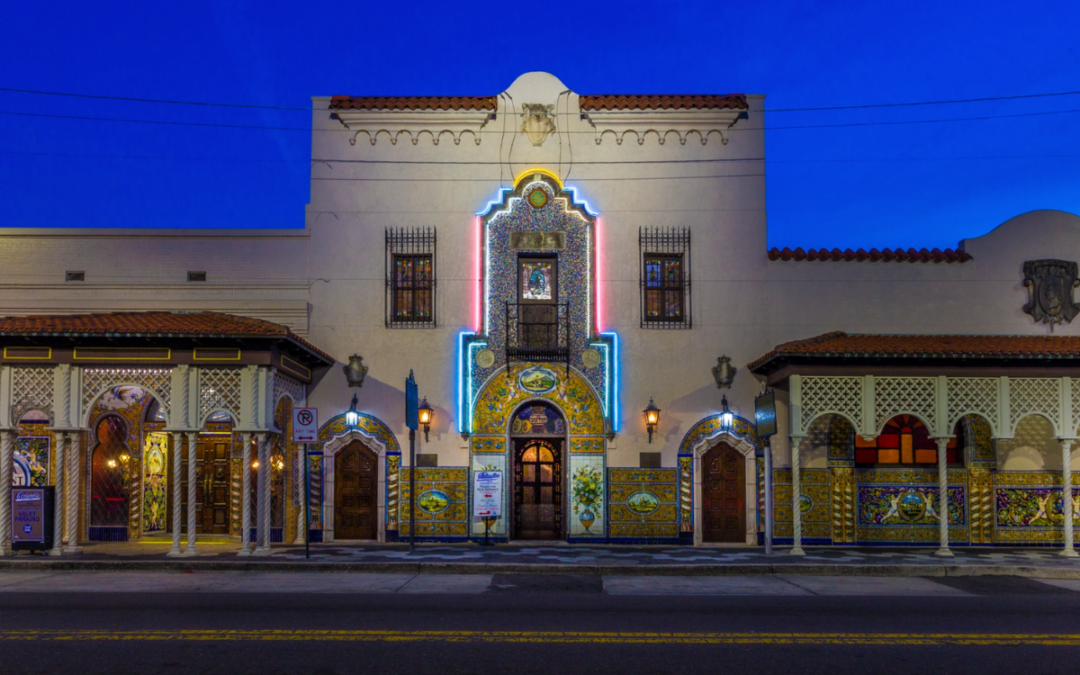
Image via Shutterstock.
While these short-term rental properties represent an opportunity for economic development for locals and foreigners, other issues such as gentrification and unfair competition require their regulation.
The number of vacation rentals in Puerto Rico has skyrocketed in recent years, as a result of burgeoning tourism on the island in recent years.
At the end of that 2014, there were about 2,973 short-term rental units available on the island. In 2021 there were 22,426 short-term rentals on the island, which represents a growth from 10% to 44.8% according to a research made by the data analytics company, ABEXUS Analytics.
The municipalities where short-term rental units have increased the most since 2015 are Culebra (24.35%), Vieques (10.31%), Rincón (8.68%), Luquillo (4.50%), and Río Grande (2.80%).
READ MORE: Reps. Charlie Crist and Darren Soto Visit Puerto Rico
With about 2,907 short-term rental units, San Juan is the municipality with most units for short-term rent followed by Carolina (1,120), Rincón (816), Río Grande (650), Cabo Rojo (608) and Vieques (506). These units are rented through platforms such as Airbnb, Join a Join, and VRO, among others.
Kevin González-Toro, CEO of ABEXUS Analytics, said that curiously the growth of these rental units has accelerated since the pandemic and the natural disasters that have affected Puerto Rico in recent years.
“It is interesting to compare the 22,426 units that this industry has with the rooms that the Tourism Company sponsors in Puerto Rico, which barely come close to 14,000. The growth has been substantial,” González told Floricua.
Another curious aspect that González points out is that although the coasts are the areas where these rentals have grown the fastest, the concept has helped develop tourism in less popular areas.
“Typically this had been concentrated in the tourist poles such as Old San Juan, Isla Verde, Condado, and the western area. After the natural disasters, we have seen that municipalities in rural areas such as Utuado, Jayuya, and Orocovis have taken a leading role, which means that the tourist offer has diversified. Those rural areas might not have another way to develop hotel areas and tourism attractions,” said González, who is an economist and attorney.
This has an indirect impact on the town’s economy, as visitors will invest in local businesses, González said.
The expert said that for the Puerto Rican community living in the United States, this industry also represents an opportunity for economic development. There are those who decide to invest in a property here for that purpose or, for example, they turn the properties that they inherit into vacation rentals.
“The platforms do not allow us to see the numbers of from where the owners of these properties are, but we do know that there is a trend that Puerto Ricans from abroad are using these platforms to have a connection with the island and even bring new perspectives to doing this concept more,” he said.
READ MORE: Florida’s Jobless Benefits Haven’t Changed in 24 Years. DeSantis Still Won’t Raise Them.
The main disadvantage of this industry, experts say, is the lack of regulation of short-term rentals, which can result in unfair competition, gentrification, and failure to pay taxes to the state.
“Many municipalities have already begun to regulate it and, being such a small island, it would be better if there were a uniform regulation. The pertinent agencies should also monitor the development of these properties because there are areas where the concentration is so high that a displacement of the local residents could occur. Because a Puerto Rican who is abroad who buys a property and maintains a bond is not the same as an investor who buys 50 properties,” González said.
Politics

Trump says he’s pro-worker. His record says otherwise.
During his time on the campaign trail, Donald Trump has sought to refashion his record and image as being a pro-worker candidate—one that wants to...



Highly anticipated Serrano vs. Taylor rematch set for July 20
The fight will be the co-main event of another anticipated clash between Most Valuable Promotions founder Jake Paul and Mike Tyson. There’s finally...
Local News



Trump says he’s pro-worker. His record says otherwise.
During his time on the campaign trail, Donald Trump has sought to refashion his record and image as being a pro-worker candidate—one that wants to...



Highly anticipated Serrano vs. Taylor rematch set for July 20
The fight will be the co-main event of another anticipated clash between Most Valuable Promotions founder Jake Paul and Mike Tyson. There’s finally...





